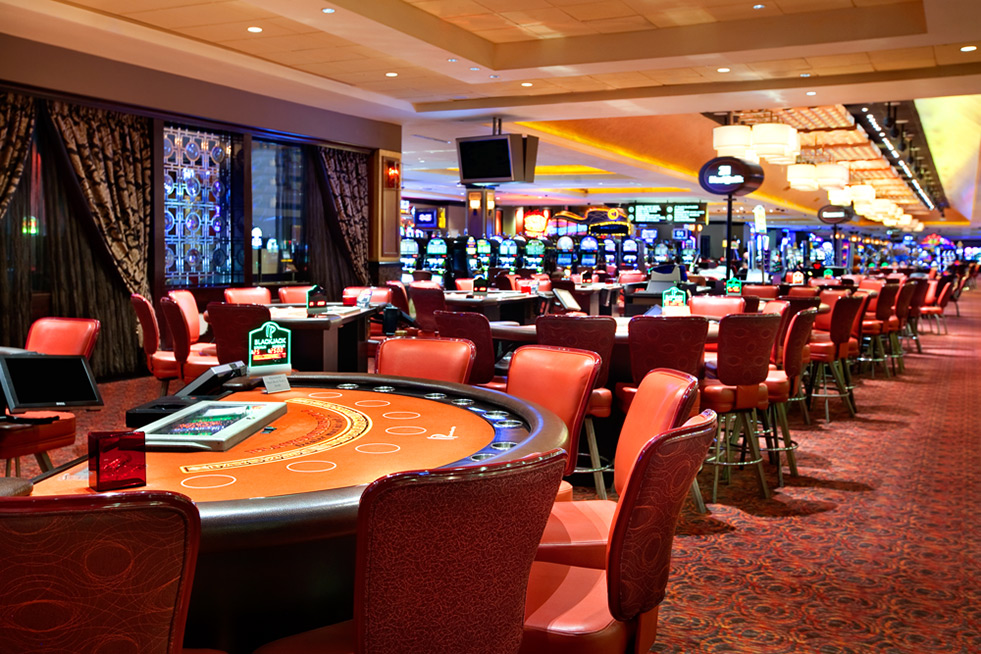
Gambling games have long been an integral part of human culture, offering not just entertainment but a intriguing reflection of our hopes, dreams, and concerns. From the spinning reels of a slot machine to the skill-based strategies of poker, these games embody a range of human sentiments and experiences. At their core, casino games are not just a chance to make profits; they are a reflection of life itself, where risk and reward intertwine and fortunes can change in an instant.
As players gather around tables or sit in front of vibrantly illuminated machines, they take part in a tradition that transcends mere gambling. These games reflect our instinctive desires for connection, adventure, and the quest for chance. They also disclose deeper truths about human behavior, such as our relationship with luck and the excitement of uncertainty. In exploring casino games, we discover not only the mechanics of play but also the rich tapestry of the human journey, showcasing our interconnected narratives of aspiration and reality.
The Psychology of Gambling
Wagering is intrinsically connected in the psyche of individuals, tapping into various emotions and desires. The thrill of taking risks is a core aspect that attracts participants, whether it’s thrill of spinning a roulette wheel or the excitement of drawing a winning card in a poker game. This rush of adrenaline is frequently likened to other forms of thrill, as the uncertainty of outcomes elicits a unique psychological response. Gamblers often become entranced by the possibility of striking it rich, leading to an irresistible draw toward casino games.
Another, a crucial component of the psychology behind gambling is the concept of optimism and aspiration. Participants often indulge in dreams of financial freedom and the opulent lifestyle that can accompany winning. This optimism fuels their ongoing participation in gambling, as it provides a sense of purpose and the conviction that a life-changing win could be just one wager away. The story of overcoming odds and achieving success resonates with many, reinforcing their dedication to play and involve themselves with these games.
Finally, social dynamics play a significant role in gambling psychology. Gambling venues are designed to promote social interaction, where players gather to share the journey of wins and losses. This communal aspect not only amplifies enjoyment but also affects behavior, as individuals often mimic the actions of others around them. The social validation found in shared excitement can magnify the emotional experience, making casino games a reflection of not just personal desires but also shared involvement within the gaming community.
## The Dual Nature of Risk and Reward
Gambling games embody the subtle balance between risk and gain that resonates deeply with human psychology. The rush of placing a bet is often accompanied by a rush of adrenaline, as gamblers are confronted with the prospect of a huge payout, yet fully aware of the risk to suffer losses. This bipartisan experience reflects a fundamental aspect of life: the paths we choose often come with inherent risks, and the pursuit of reward can drive us to take chances we might not typically consider. In this way, gambling activities mirror real-world decisions, enticing gamblers to risk not just their money, but also their hopes.
The allure of grand jackpots and payouts fuels a wave of hope, inspiring gamblers to dream of a better future that could arise from a lucky spin of the wheel or flip of a card. https://ga179.design/ This optimism can drive individuals to engage in riskier behaviors, urging them to take greater risks in search of monetary success. However, just as in life, the outcomes of these risks can lead to both victory and despair. The narratives of both big winners and those who have faced losses everything at the tables demonstrate the unpredictable nature of chance and its impactful effect on our futures.
Ultimately, the interaction of engaging with gambling activities serves as a strong reminder of the human condition. Every game played is imbued with the tension of ambiguity, as gamblers weigh the rewards against the dangers. This interaction not only highlights the thrill that comes with betting but also unveils the weaknesses that come with the longing for more. As we explore the challenges of decision-making and consequence in both the gambling world and in life, we find that the quest for gain shapes our identities and lives in deep ways.
Community and Solitude in Gambling Culture
Casino culture is a unique combination of communal engagement and individual pursuit, reflecting the tensions of individual experience. Players often come together around tables, experiencing in the excitement of the action, rejoicing in wins, and sympathizing over losses. This communal aspect is essential, as it fosters a sense of community and camaraderie among diverse groups of people. Regular attendees to casinos may build friendships and develop routines, turning the casino into a second home where they experience linked to a greater community of players.
However, the allure of gambling activities can also lead to loneliness. As individuals become immersed in the excitement of playing, they may withdraw from personal connections or fail to engage with the environment outside the gaming space. For some, the search of a jackpot can overshadow genuine connections, leading to loneliness. The situation of being among people yet feeling solitary is not rare, as the attention shifts from shared enjoyment to the individual concerns of each player’s journey.
This interplay of community and isolation creates a rich tapestry that defines gaming atmosphere. It showcases the complexity of human interactions, where happiness and sorrow exist together. Casinos serve as both a refuge for social interaction and a platform for individual challenges, demonstrating how deeply entwined our desire for connection and the personal quest for fortune can be. In navigating this landscape, gamblers confront their own stories—seeking both the rush of the wager and the companionship of other players, eventually mirroring the wider spectrum of human experience.
